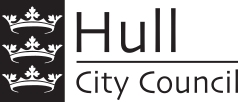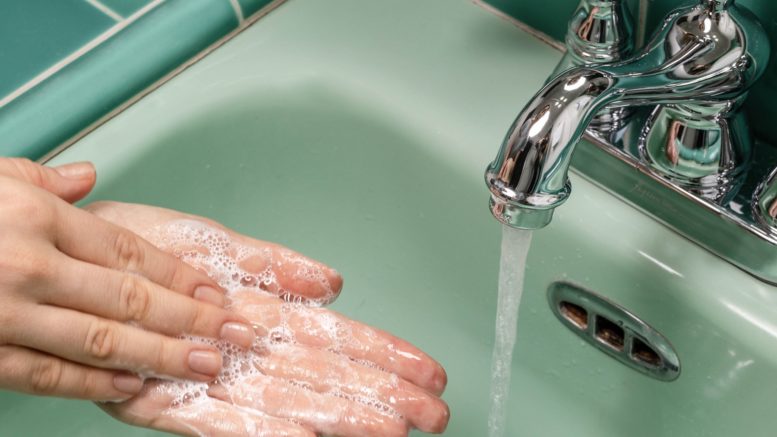Advice has been issued on what steps people in Hull can take to protect themselves and their communities from coronavirus. The guidance comes from Dr James Crick, a GP and consultant in public health medicine, who is associate medical director for NHS Hull CCG and Hull City Council.
Things you can do to protect yourself and your community
As a GP I am getting many questions from patients asking how they can protect themselves and their families from coronavirus. The UK has well-established plans to deal with outbreaks of infectious disease and you will be aware the government has already put a number of measures in place. Everyone must ensure they keep up to date with and follow the latest guidance to ensure we each play our part in slowing down the spread of coronavirus with some simple and effective actions.
Wash your hands frequently and catch coughs and sneezes in a tissue
One of the ways we become infected, or pass on viruses to others, is through the droplets in coughs and sneezes. A simple and effective way to protect yourself from coronavirus is by making sure you wash your hands frequently with soap and hot water, or a hand sanitiser if you are out and about.

Dr James Crick
It’s particularly important to wash your hands once you get home or arrive at work or before you prepare or eat food. If you are unwell it’s vital that you catch your coughs and sneezes in a tissue, or use your arm if needed, throw the tissues away, then wash your hands.
Stay at home if you have coronavirus symptoms
Anyone who has a high temperature (37.8c or higher) or a new persistent continuous cough should take the following measures. If symptomatic, you should self-isolate for seven days. If someone in your household develops symptoms, you and the other members of your household – excluding the ill person – should self-isolate for 14 days.
It is no longer relevant whether you have travelled, or are aware of contact with someone who could have the virus. Do not visit your GP, hospital, pharmacy or other medical centre. Anyone who lives with someone displaying coronavirus symptoms should also stay at home for 14 days.
- People with mild symptoms do not need to contact 111 to inform them.
- Those self-isolating with mild symptoms will not be tested.
If you or someone you care for needs medical attention for coronavirus symptoms, use 111 online in the first instance, unless you need urgent help. Access the new government information and guidance here.
If you need urgent advice: Only call 111 if you cannot get help online. Services like 999 or A&E should only be used for genuine emergencies.




